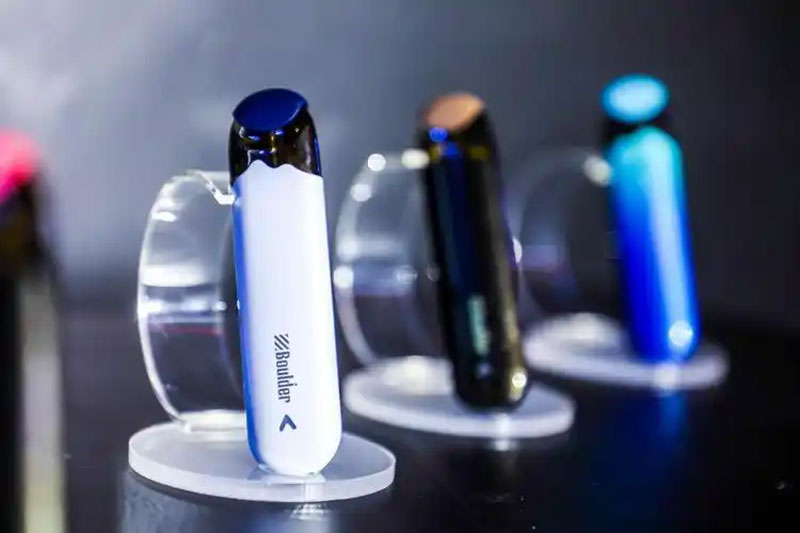The FDA’s authorization primarily seeks to regulate the quality and safety of e-cigarette products. By ensuring that these products meet specific health and safety standards, the FDA aims to mitigate potential risks associated with their use. This move is expected to encourage industry competition, driving manufacturers to innovate and enhance product safety and efficiency. Moreover, it assures consumers about the credibility of the products they purchase, reducing concerns about counterfeit or sub-standard items.
Impact on Consumers
The authorization by the FDA offers consumers greater assurance that the e-cigarettes on the market are vetted and meet safety criteria. This can lead to increased consumer confidence and potentially boost market demand. However, users must remain informed about the approved brands and types, as not all products may have obtained FDA authorization. Educating users on the authorized e-cigarettes can assist them in making informed choices regarding their purchases.
Market Implications
The FDA’s decision has substantial market implications. It sets a regulatory benchmark that manufacturers must meet, potentially altering market access and industry practices. Companies that achieve FDA authorization can market their e-cigarettes as complying with authoritative health standards, providing them with a competitive edge. This may shift the industry’s focus towards innovation and compliance, fostering growth while ensuring consumer protection.
The authorization also signals to international markets about the standards maintained by US-based manufacturers. As countries contemplate their regulatory approaches to e-cigarettes, the FDA’s framework could serve as a model, influencing global industry practices. The interplay between localized regulations and global trade may further shape the e-cigarette landscape, affecting international commerce and product distribution.
Regulatory Environment
The evolving regulatory environment necessitates a balance between consumer safety and industry growth. Enhanced regulations can lead to safer products, but they may also impose additional burdens on manufacturers. Compliance costs could affect product pricing, accessibility, and availability, influencing market dynamics. However, the long-term benefits of stringent regulations are likely to outweigh these challenges, promoting a more sustainable and consumer-friendly market.
Frequently Asked Questions

- What e-cigarettes are authorized by the FDA?
Only specific brands and models that meet FDA safety and health standards have been authorized. It’s crucial for consumers to check the FDA’s official list for authorized products.
- How does FDA authorization impact pricing?
FDA authorization could influence pricing, as manufacturers might incur costs to meet regulatory standards, possibly reflected in the product price.
- Will FDA’s decision affect international e-cigarette markets?
Yes, the FDA’s standards may influence international regulatory practices, impacting global market dynamics and product distribution.

In summary, the FDA’s authorization of e-cigarettes sets a new precedent, affecting both manufacturers and consumers. By understanding the implications of this decision, stakeholders can better navigate the evolving landscape and adapt to upcoming changes.
